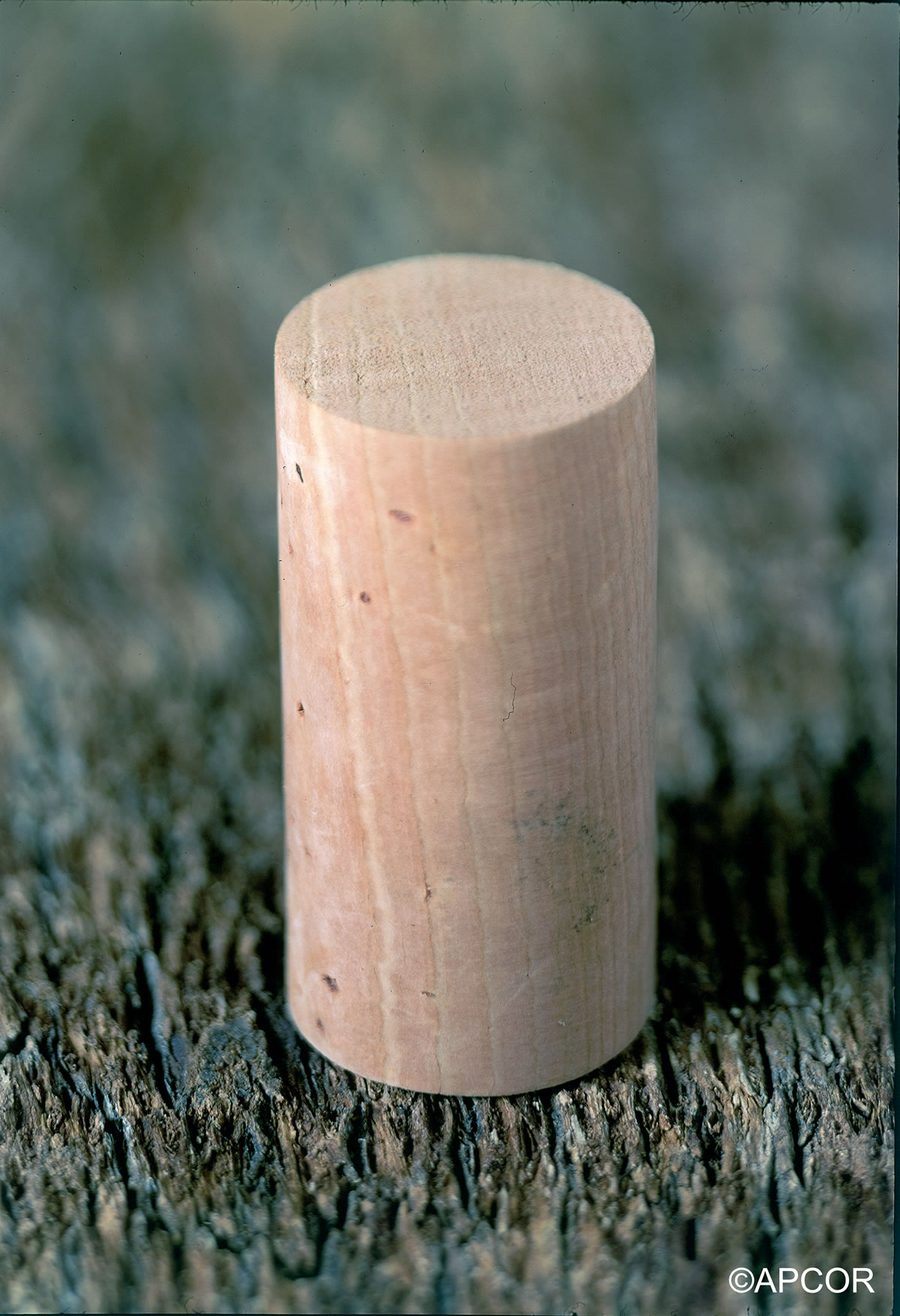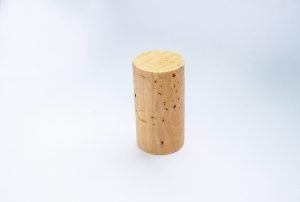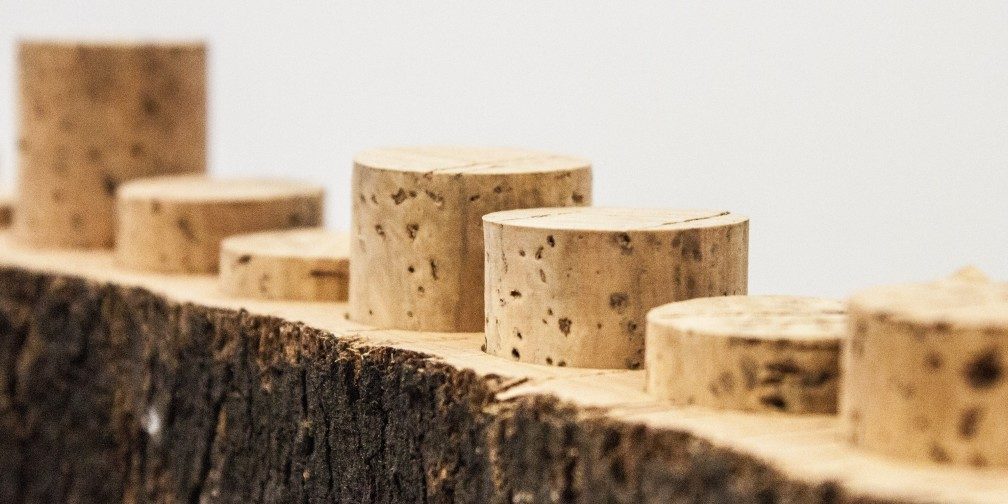There are many advantages to using natural cork stoppers rather than agglomerated or synthetic, but it can be confusing deciding what quality of natural cork works best for your requirements. For the purpose of this post, we will not discuss colmated corks (natural corks that have had defects rectified with filler), but rather the impact of choosing second, first, super, extra or flor corks.
The quality spectrum actually extends right down to 7th quality which are pretty rotten looking corks, but what we are going to discuss here is the fact that corks that are second quality or higher are mechanically very similar in that they are structurally robust and the difference in their ability to seal a bottle correctly are very minimal. Good quality stoppers come from good quality cork and there is a very wide variety in the quality of cork that is stripped from the cork oak trees. The higher the quality of the cork the more high quality corks will be extracted from it, but the organic nature of cork bark means that even the highest quality bark will produce corks across the quality spectrum. The important thing to note is that once a cork is classified second quality or above, there will not be any serious structural faults in the cork so the mechanical qualities will be unchanged.

There is a large difference in price between a second quality and an extra or flor cork quality however, but what you are paying for is mainly the aesthetics of the cork (the smoothness of the surface), not the mechanical qualities. A flor quality cork should have only minor markings on the surface but be perfectly smooth, whereas a second quality cork will have some notable but small surface imperfections; these indentations and markings do not imply a structural issue with the cork however.


When buying natural cork bar-top stoppers for white spirits there is an important consideration however; the darker surface marks that are more prevalent on second quality corks can transfer to white spirits and darken the colour, if you are bottling a white spirit, you should use only first quality or above. Even with higher quality corks there is a small risk of the cork interacting with the spirit, so it is important that they are given a special surface treatment that prevents this happening, which is why we always ask our clients what they will be bottling with our bar-top corks.







